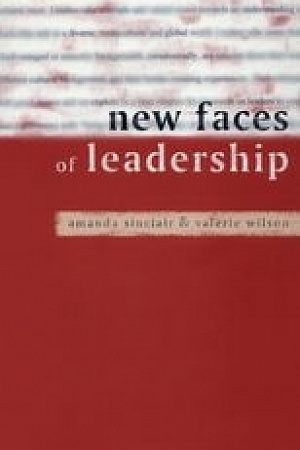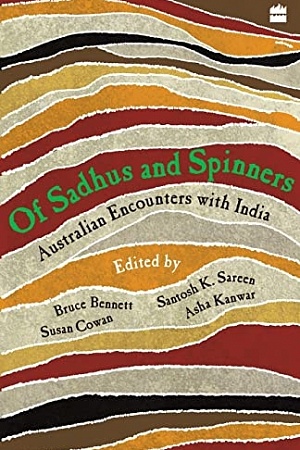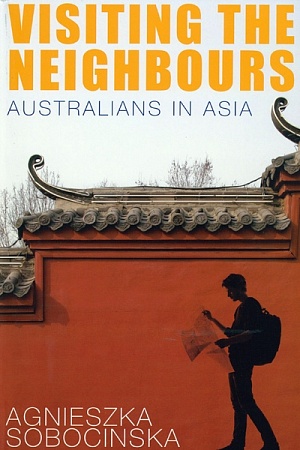Diaspora: The Australasian experience
Prestige Books, $25 pb, 544 pp
Diaspora: The Australasian experience edited by Cynthia Vanden Driesen and Ralph Crane
The third volume to be produced by the Asian Association for the Study of Australasia, Diaspora: The Australasian Experience, is a large publication with more than forty chapters. It makes an important contribution to the often willing debate about preserving Austral(as)ia’s perceived homogeneity in the face of the challenges carried in the cultural baggage of postwar arrivals from beyond the shores of the United Kingdom. Most, if not all, of the writers prefer to celebrate what Jane Mummery calls, in the opening essay, ‘the affirmation of the hyphen and hybridity’. Many other essays in the collection also demonstrate the extent to which Australian academics in the humanities and social sciences are contributing to the development and analysis of cultural connections between South Asia and Australasia.
With such a range of perspectives and approaches from so many chapters, readers can travel where their interests will take them, even if there is no index to help map the journey. Some chapters will make more of an impact than others. Bill Ashcroft asks questions about migration, travelling and home; home is usually seen as ‘a place, a location, a feeling, a tradition [or] an ethnicity’. In settler communities, however, especially in nations as transformed by migration as Australia has been since 1945, many members of the ‘imagined community of seekers … [define] home by its absence, by its situation as the focus of desire’. Ashcroft argues that we need to think more about horizons rather than borders or boundaries; ‘the horizon, with its merging of location and possibility, renders boundaries problematic’.
Continue reading for only $10 per month. Subscribe and gain full access to Australian Book Review. Already a subscriber? Sign in. If you need assistance, feel free to contact us.










Leave a comment
If you are an ABR subscriber, you will need to sign in to post a comment.
If you have forgotten your sign in details, or if you receive an error message when trying to submit your comment, please email your comment (and the name of the article to which it relates) to ABR Comments. We will review your comment and, subject to approval, we will post it under your name.
Please note that all comments must be approved by ABR and comply with our Terms & Conditions.